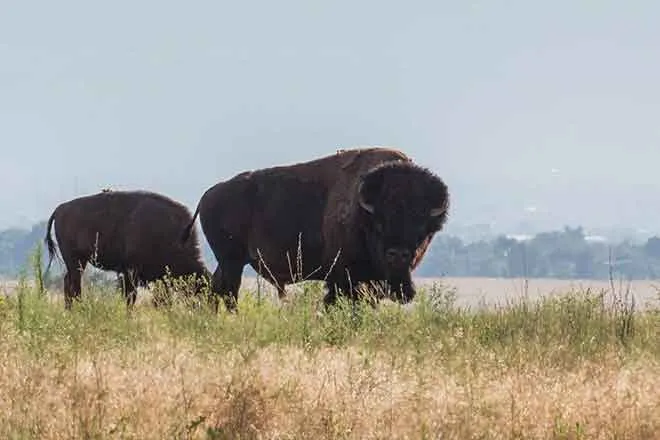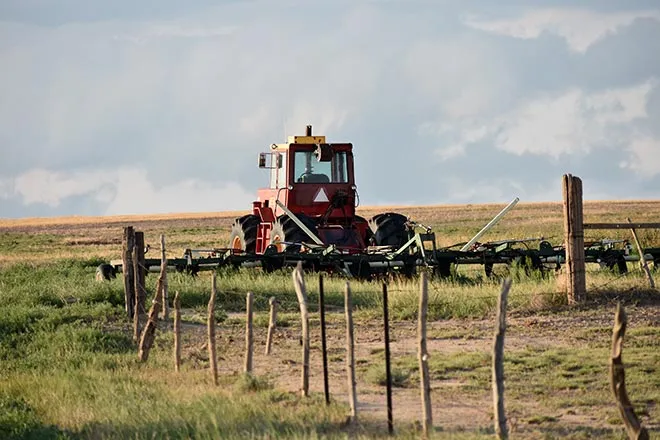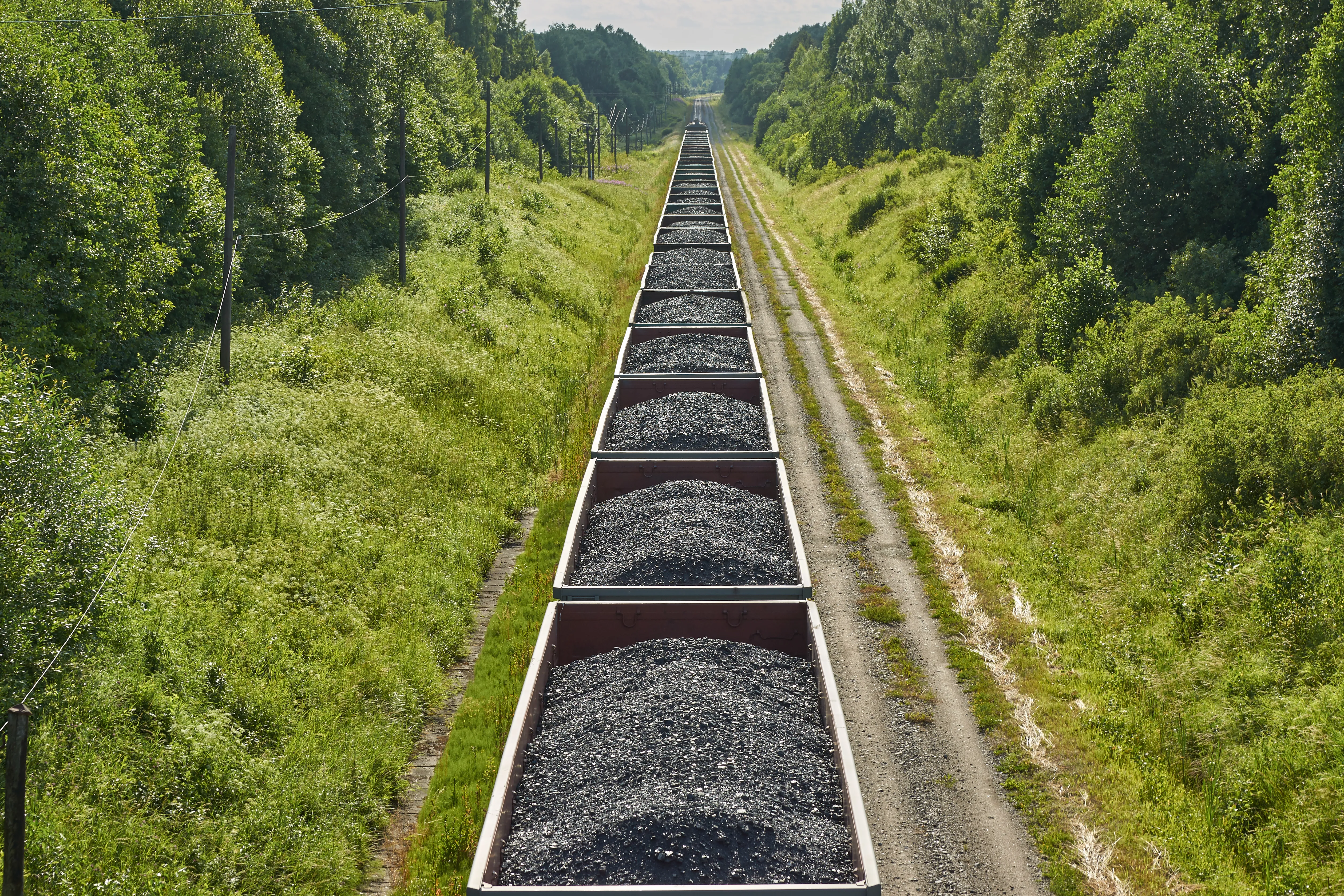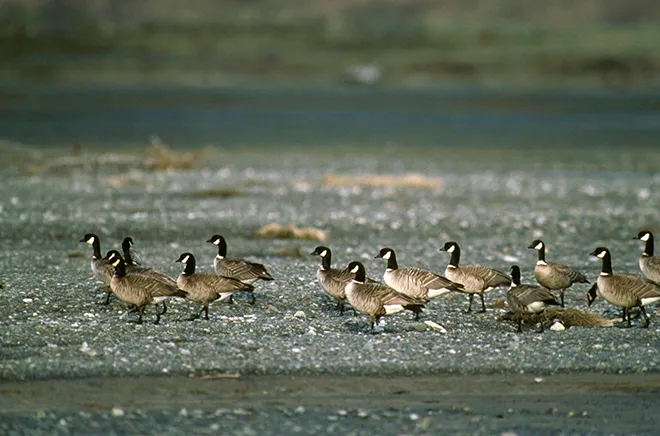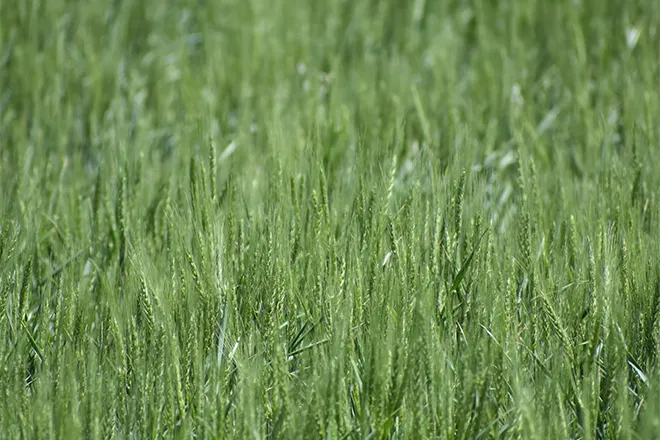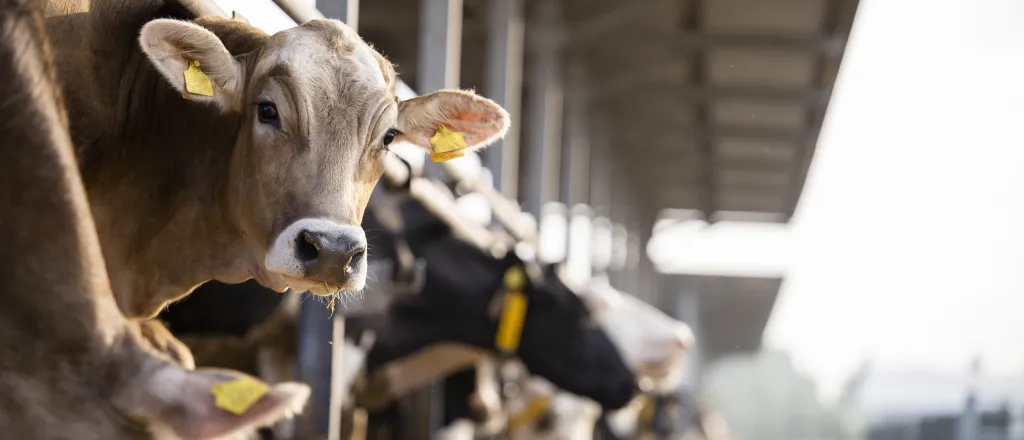
Iowa trains CAFO operators on manure application
© Smederevac - iStock-1470677566
Click play to listen to this article.
The Iowa Department of Natural Resources is training operators of Concentrated Animal Feeding Operations on the safest ways to apply manure to their fields and what to do if a spill happens. It is part of the state's effort to help reduce accidents and protect the environment.
Iowa produces about 50 million tons of manure every year or enough to fertilize roughly 17 percent of the state's cropland.
Jeff Prier, senior environmental specialist for the Iowa DNR, said the state is teaching commercial and smaller operators how to apply it safely by following a required manure management plan.
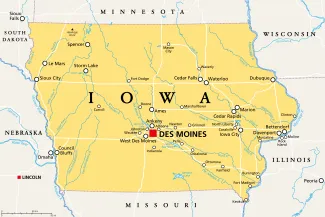
"When they go out to do their application, they need to comply with any separation distances to residence, church, business, school, public use area, water sources," Prier outlined. "Dependent on their application method."
Manure from Concentrated Animal Feeding Operations is known to pollute air and groundwater when it is not properly applied. Commercial operators said they are looking for more environmentally friendly ways to operate while trying to meet consumer demand for high quality meat. The deadline to apply for the DNR training is next week.
The DNR charges commercial operators $225 for a manure application permit and $175 for smaller operators. Prier noted it is a small price to avoid fines of between $3,000 and $5,000 for applying fertilizer without state certification.
"When they hear the numbers, they tend to open their eyes pretty big and think that's a pretty big number," Prier observed. "But the best reason is being in compliance with the rules and regulations and knowing what to do if there is a spill."
Prier, who has been overseeing training for 26 years, added given the amount of manure spread on Iowa farms every year, the number of spills is relatively small.

